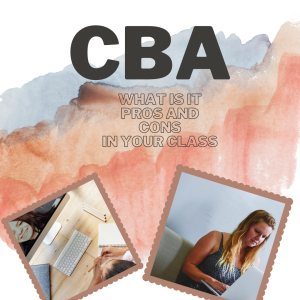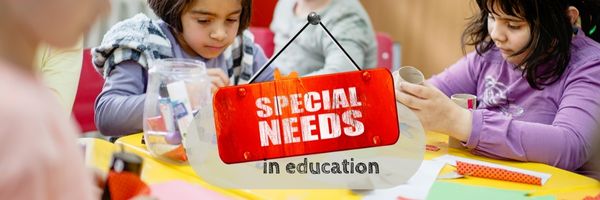 Curriculum-Based Assessment (CBA), often equated with Curriculum-Based Measurement (CBM), is any form of assessment that measures progress toward fulfillment of a stated curriculum. More succinctly:
Curriculum-Based Assessment (CBA), often equated with Curriculum-Based Measurement (CBM), is any form of assessment that measures progress toward fulfillment of a stated curriculum. More succinctly:
“…repeated, direct assessment of targeted skills in basic areas using materials taken directly from the teaching curriculum”
While CBA is assessment based on the curriculum, it isn’t chapter tests from a text. The latter measures student achievement of a particular set of lesson knowledge while the former measures student achievement of the broader class goals. CBAs are useful not only to measure student learning within a unit but over time toward larger goals.
How does it work
There is no setup required to start using CBA — no website signup or software download. What you will have to do — and may already do — is identify the criterion you are committed to accomplishing with students. These will be beyond what is required of the State or National standards and may or may not align perfectly with the textbooks you use. They are developed by you, likely in conjunction with grade-level teammates and your school administration. They help you identify your goals and the resources required to achieve them and then measure progress toward their completion.
Once these are in place, you devise the assessments — formative and summative — that will provide the evidence of achievement. This is done exactly as you would normally develop assessments during a unit of inquiry to evaluate progress and — at the end of the unit — to evaluate success with one big difference: Curriculum based assessments evaluate progress toward broad learning goals rather than textbook chapters or lesson plans.
You continue to teach classes as you normally would, with lesson plans, projects, and resources aimed to teach critical standards laid out by the school, the State, or the nation. These may be augmented with a scope of criterion — sometimes replaced with a Scope and Sequence or Curriculum Map — to be used as references in measuring learning. Here you will carefully identify the criterion CBA will use to provide and measure evidence of learning. These can be 1) measured against what is expected (called “benchmarks”), or 2) measured against prior assessments.
Continue reading →












































